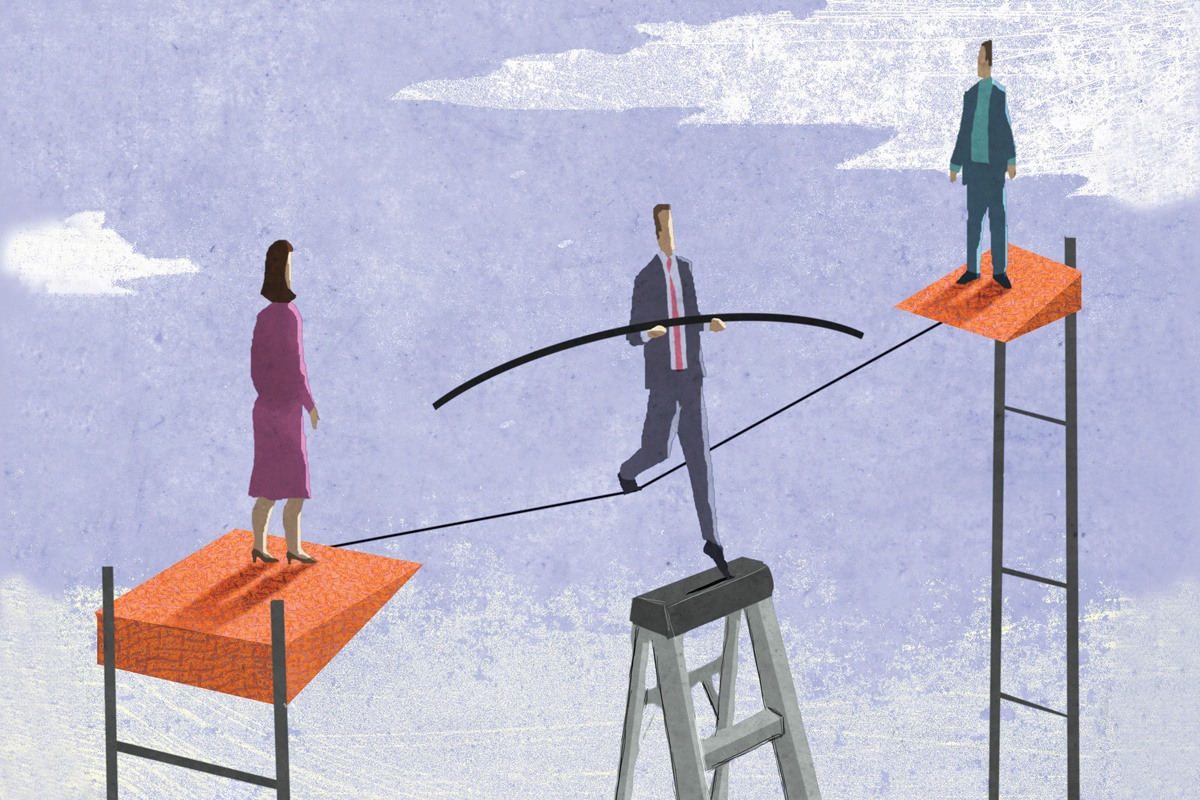 Submitted by ANTARA - Manager on
Submitted by ANTARA - Manager on

Moral Dilemmas are situations where two or more moral rules are in conflict. You have to make a choice between two or more actions you don’t want to perform because Ethics forbid you to do so.
A famous example was formulated in Book I of Plato’s Republic, Cephalus defines ‘justice’ as speaking the truth and paying one’s debts.
Socrates quickly refutes this account by suggesting that it would be wrong to repay certain debts – for example, to return a borrowed weapon to a friend who is not in his right mind.
Socrates’ point is not that repaying debts is without moral import; rather, he wants to show that it is not always right to repay one’s debts, at least not exactly when the one to whom the debt is owed demands repayment. What we have here is a conflict between two moral norms: repaying one’s debts and protecting others from harm. And in this case, Socrates maintains that protecting others from harm is the norm that takes priority.
A tragic moral dilemma is formulated in William Styron’s Sophie’s Choice. Sophie and her two children are at a Nazi concentration camp. A guard confronts Sophie and tells her that one of her children will be allowed to live and one will be killed. But it is Sophie who must decide which child will be killed.
Sophie can prevent the death of either of her children, but only by condemning the other to be killed. The guard makes the situation even more excruciating by informing Sophie that if she chooses neither, then both will be killed.
Actions are organized in chains of cause and effect. An (ethical) rule defines a `forbidden` effect. The effect is caused by an actor. In one situation the effect is certain in other situations the effect is (highly?) possible.
Ethics tries to formulate action-guiding principles to prevent that humans create a “forbidden” effect. In the case of Sophie this effect is the killing of a human being. In the example of Plato more or less the same (“doing no harm”) applies.
The example of Sophie shows that some people are able to create contexts where ethical dilemmas are forced upon people. In this context “Sophie has no choice” and when there is no choice ethics is simply not applicable.
The only thing we can do is to avoid these contexts and to prevent the creation of these contexts (concentration camps, crime, war, violence).
Ethics is not only a cognitive action. The emotions are also involved. Although the choice of Sophie is enforced she will feel guilt when she has made a choice. The emotional effect of a forced choice is the same as the effect of a free choice. Avoiding a certain emotion (“feeling guilty”) can be the reason to formulate an ethical rule.
Some people are more empathic than other people. That is why the acceptance of ethical rules varies. People without any empathic feeling don’t agree with the rule that it is forbidden to kill or to do harm. In some cultures those people are called mentally ill in other cultures they are highly praised.
We can always create an example where one rule conflicts with another rule or where the precedence of one rule over the other rule is violated. The rule of “not killing a human being” is overridden by many other rules and these rules are again context-dependent. Some people believe “killing a human being” is allowed to punish or to defend (a human being or a country) or even to enforce a principle (“freedom of choice”).
It is always possible to formulate an external cause. Finding an External Cause is the best way to remove the feeling of guilt or to prevent the feeling of guilt. The Guard in the concentration camp was able to do his work without any remorse because he was helping to accomplish the aims of his Fuhrer.
A soldier can accept the killing of a human being when the other is an enemy. Somebody has convinced him that killing enemies is an important goal. The same applies for all the other people that are part of the immoral context. All of them have created a chain of reasoning where they are not direct connected to the immoral situation. They “have to do it” to make a living or to make a career.
It both cases people have failed to prevent the concentration camps or the war.
What is really behind this all?
Behind this is the issue of world views.
Ethics shows itself in many (five) flavors and combinations of flavors. The most important combination of these flavors is a combination of the Unity (Rules) and Sensory (Cause/Effect) worldviews. Will McWhinney called this combination the Analytical Game.
The Analytical Game is the dominant game in Western Society. It is highly cognitive. It denies the existence of the emotions (Love, Empathy, Social) and the imagination (Art, Poetry, Music, Mythic).
The emotions and the imagination are transformed by the Analytic Game in a cognitive instrument. Everything has to be planned and evaluated. It blocks improvisation (context-dependent behavior) because it is “Afraid to Lose Control”.
What to do?
The most important advice is to avoid and prevent (!) Ethical Dilemma’s.
When you are encountering a dilemma please trust your “gut feeling”. It is guided by your Emotions and Imagination.
- 744 reads